
Tourists take photos at the Bund area of Shanghai. (Photo by Wang Gang/For China Daily)
Shanghai will empower its Pudong New Area to better carry out its leading role in high-level reform and opening-up and implement major national strategic tasks this year, the city's mayor said on Thursday.
Shanghai, which is expected to see its GDP rise 5.5 percent this year, will build Pudong into a leading area for socialist modernization construction, exploring and carrying out comprehensive reform pilots, and formulate and implement a list of special measures to ease market access, said Mayor Gong Zheng.
"We'll accelerate the construction of the Lin-gang New Area in the pilot free trade zone, implement stress testing to a greater degree and promote the construction of the core area of a powerful global city," said Gong as he delivered the municipal government's work report at the ongoing sixth session of the 15th Shanghai Municipal People's Congress, the city's legislature.
"We'll support the application of the policy in the Yangshan special comprehensive bonded zone, and create a batch of industrial innovation and service platforms," he said.
Also, Shanghai will continue to promote the construction of a comprehensive national science center in Pudong's Zhangjiang, and build a number of major scientific and technological infrastructure projects.
Shanghai saw its GDP increase 8.1 percent year-on-year to 4.32 trillion yuan ($680 billion) in 2021. The economy and society of Shanghai developed healthily, according to the work report.
Experts said when the city's economic development enters a new stage, it will help better build Shanghai into a strategic link between domestic and international dual cycles.
Regarding the three core industries of Shanghai-integrated circuits, biomedicine and artificial intelligence-Gong said Shanghai will make every effort to propel these sectors' further development in the municipality and ensure the construction and development of Shanghai-based national labs in these fields.
"Shanghai will continue promoting AI to deeply empower the real economy, and implement a new generation of AI algorithm innovations," Gong said.
Wang Dan, chief economist at Hang Seng Bank China, said Shanghai represents the development direction of China's big cities.
"The municipality's highly educated labor force has attracted enterprises in the fields of high technology, internet, life sciences and new energy to move their R&D centers there," Wang said.
Su Yue, an economist from the China think tank of The Economist, said that with the expansion of Shanghai's economic scale and the efficient gathering of production factors, it will better play a key role in leading and supporting the development of city clusters in the Yangtze River Delta region.









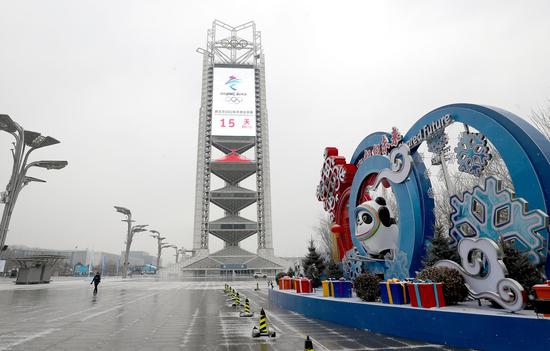
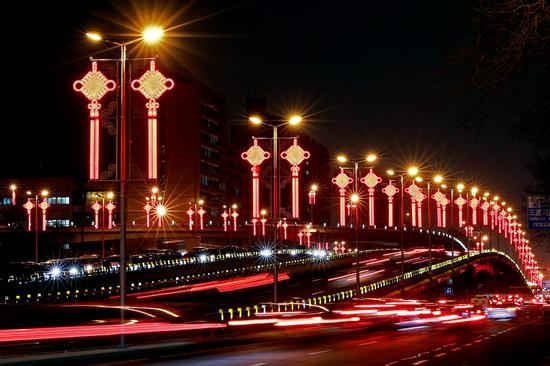







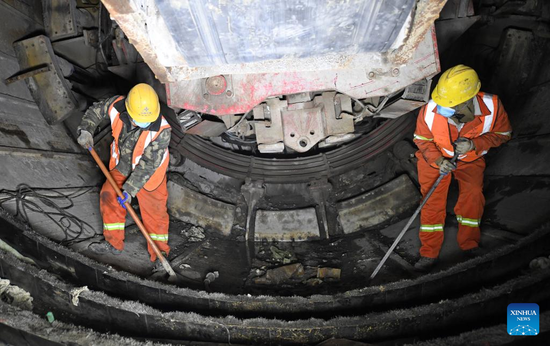



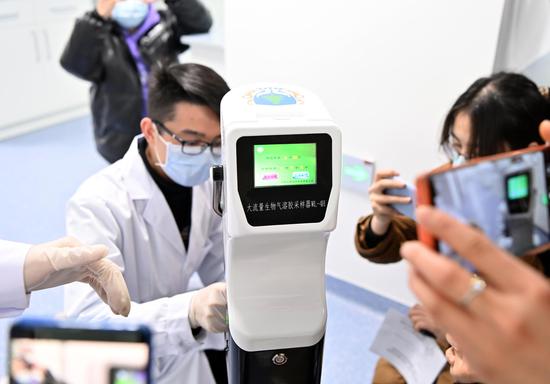







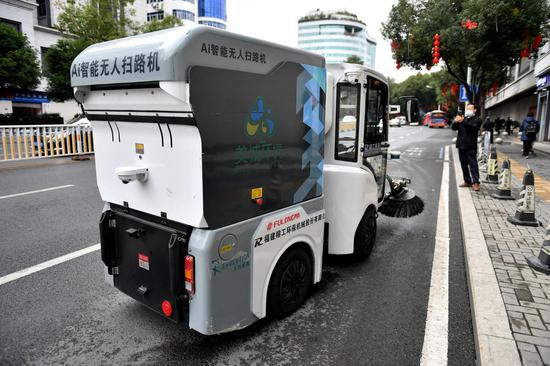

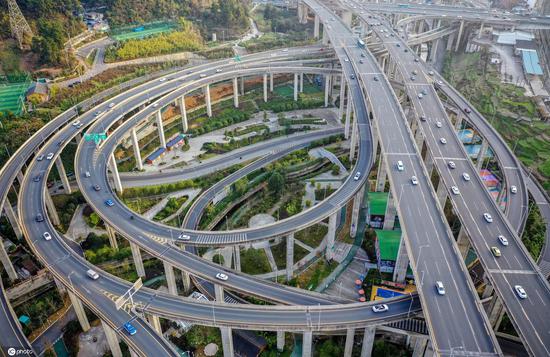




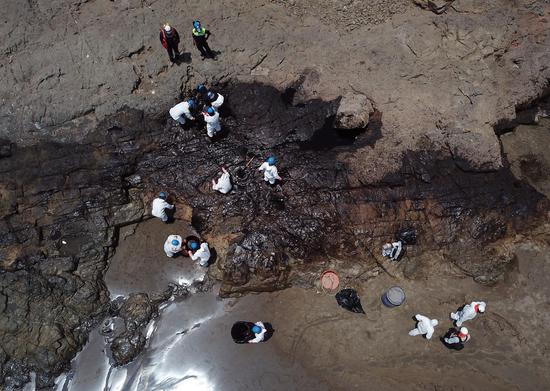



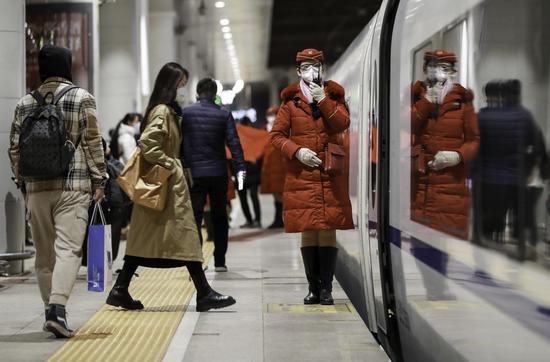








 京公网安备 11010202009201号
京公网安备 11010202009201号
